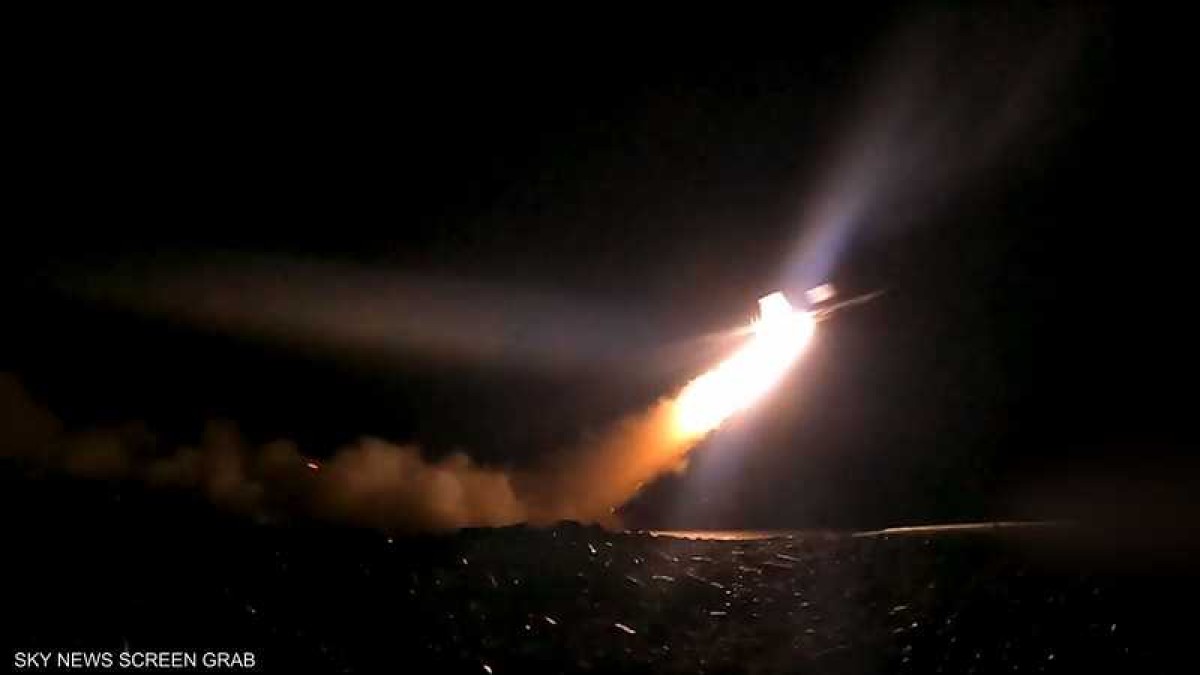Houthi attacks on Israel...the horror of the Syrian scenario or a final wall of resistance?


By increasing the pace of its attacks against the Hebrew state to provoke the latter to respond, the Houthi militias are seeking to exploit the expected Israeli escalation against them, to win over the popular incubator inside Yemen.
According to observers, the Houthi militias are trying to “create imaginary victories by escalating their attacks on Israel with a number of ballistic missiles and drones - limited impact - and to persuade those in areas under their control to support them and increase mobilization and mobilization,” noting that the militias aim, through their escalation, to implement an Iranian agenda. After the decline of Iran's arms in the region in Lebanon and Syria.
One last bumper?
The political analyst and head of the Jawd Center for Studies in Yemen, Abdul Sattar Al-Shamiri, believes that what the Houthi militias are doing comes within the Iranian strategy of activating the last buffer, “because Iran does not want to say that it has become toothless.”
Al-Shamiri added to Al-Ain News that, during the recent period, Iran no longer has any working buffers, except for the Houthis in Yemen and Al-Qaeda in Somalia and the Arabian Peninsula.
This escalation, according to the Yemeni political analyst, comes to serve the Iranian agenda through the Houthis, noting that “Tehran is using the Houthis to relieve pressure on it, because it believes that the militias will be able to do that, because striking them with Israel is not as easy as striking Hezbollah in Lebanon and Syria.”
He stressed that “the Houthi militias are part of a single Iranian agenda, operating according to the time in which they are activated, and stopping them whenever Iran wants to, taking advantage of the slow American-Birakani strikes on them,” as he put it.
Investing the religious character
Since its coup against the Yemeni state, the Houthi militias have continued to invest in everything that is religious and humanitarian, to incubate it. This investment has increased since the outbreak of the war on October 7, 2023, between Israel and Hamas, and it has worked on continuous mobilization and mobilization.
But after the developments in Syria, and the Syrian armed opposition’s control of Damascus and the overthrow of Bashar al-Assad’s regime, the Houthi militias were struck by fear of the Yemeni uprising in the areas under their control, and they resorted to imposing an undeclared state of emergency, as they seek, through their recent attacks against Israel, to win over the rejectionist popular incubator. For her.
Although Al-Shamiri said that “the militias may have succeeded in this investment in a small way, because there is popular knowledge in Yemen that what the Houthi militias are doing against the Yemenis is more horrific than what Israel did in Gaza,” he considered that it was The long-term level will not be as effective as the Houthis expect.
Open war?
In turn, the director of the South24 Center for News and Studies in South Yemen, Yaqoub Al-Sufyani, considered that “the attacks by the Houthi militia towards Israel are causing unbearable burden on Yemen, and are an open call to attack Yemen and target the capabilities of the people in Hodeidah and Sana’a.”
Al-Sufyani told Al-Ain News that this confirms that the Houthis only care about their own agendas and the agenda of Iran’s project in the region, at the expense of the lives of Yemenis and Yemen’s infrastructure.
He pointed out that the Houthi attacks do not expose Israel “to any dangers or pose real threats or losses on the ground.”
He continued: “For more than a year, the Houthi militias have continued to co-opt the Yemeni interior through the popular support, which is very few, and they have not been able to impose their project on the Yemenis or convince them.”
Al-Sufyani points out that the militias are focusing more on winning over religious and tribal groups in Yemen, such as the terrorist organization Al-Qaeda, and some groups affiliated with the Muslim Brotherhood, to sympathize with them after the American, British, and Israeli strikes on them.